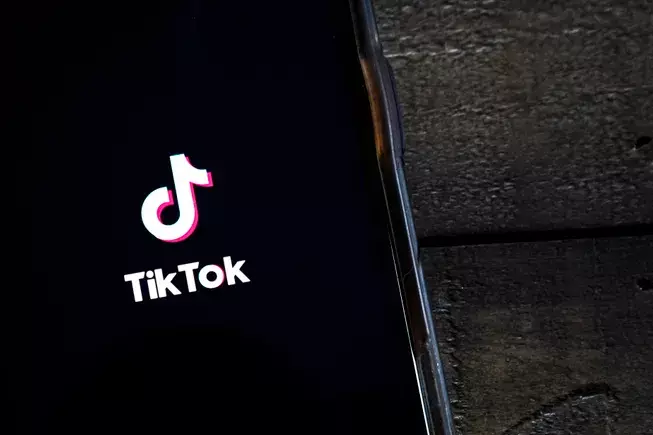As TikTok users anxiously scroll through their feeds, the landscape of their beloved app is in jeopardy. After a sudden announcement on a Saturday afternoon, U.S. users received closure to a tumultuous saga: the social media platform faces a temporary suspension due to a new legal mandate imposed by the U.S. government. This dire situation stems from the passage of the “Protecting Americans from Foreign Adversary Controlled Applications Act,” which requires TikTok, owned by the Chinese tech company ByteDance, to undergo a forced sell-off or face shutdown within the United States. As the clock ticks down, TikTok’s management is scrambling for a solution, but legal avenues for recourse appear bleak.
The Supreme Court’s recent decision to uphold the government’s stringent regulations has left TikTok with few options. The court asserted its commitment to enforcing the rule of law, giving TikTok no immediate choice but to comply with the sale mandate. Specifically, TikTok must either sell its American operations to a domestic company or cease operations in one of its largest and most lucrative markets. With the deadline looming, the latter seems imminent.
Adding to the commotion, the Biden administration’s reluctance to enforce the law, coupled with incoming President Donald Trump’s overt interest in TikTok, has created a convoluted dichotomy. Trump’s willingness to consider a 90-day reprieve allows for negotiations over the app’s future, instigating hope among users who have made TikTok an integral part of their daily lives. Nevertheless, under current legal stipulations, app stores bear the responsibility for implementing this mandate, leading to unavoidable disruption for users.
This evolving situation is layered with political intrigue. Trump’s previous attempts to ban TikTok can be perceived as a retaliation against China during the peak of the COVID-19 pandemic. His actions in 2020 sought to frame the app as a national security threat, yet the Trump administration found insufficient justification to enact such a substantial policy shift. Such a history complicates Trump’s current attempts to potentially reverse course and reinstate the app.
In the current environment, where national security narratives continue to swirl, it is essential to remember that there is substantial apprehension behind the scenes. U.S. intelligence agencies have consistently scrutinized TikTok for potential data privacy violations and the app’s use by pro-China entities. While the full details surrounding these evaluations remain classified, concerns linger regarding the influence of Chinese ownership on American users’ personal data.
Adding yet another layer of complexity, the public reaction to Trump’s shifting stance on TikTok has been mixed. As he embraces the platform, now regarded as a powerful marketing tool and cultural phenomenon, will he also approach regulatory norms differently? This concern is magnified by TikTok’s CEO, Shou Zi Chew, planning to attend Trump’s inauguration, raising the stakes for the outcome of this saga.
For now, TikTok users await clarity amid the swirling uncertainty. While reports suggest the app may be temporarily shuffled out of the American digital landscape, optimism persists due to the transitional political climate. Trump’s personal stake in TikTok, marked by his newfound fanfare on the platform, advocates for its continuity, which indicates that the shutdown’s duration may be brief. Users may only find themselves without TikTok for a matter of days, though those days feel endless in the age of instant connectivity.
However, it would be naive to dismiss the broader implications of this political and legal entanglement. If TikTok is to secure a durable future in the U.S. market, it will likely undergo substantial transformations, potentially placing it in the hands of allies of the new administration. As this intricate game of political chess plays out, marketers, influencers, and creators should prepare for the ramifications that regulatory changes may usher in.
The ongoing saga of TikTok in the U.S. serves as a reflection of the broader international tensions and domestic political maneuvering. Whether TikTok weathers this storm as a reshaped platform under new ownership or reemerges unchanged in the near future remains to be seen. For the millions of users who have embraced TikTok as part of their social media experience, the stakes are high, and the world holds its breath, waiting for the next chapter in this unfolding drama.


Leave a Reply
You must be logged in to post a comment.